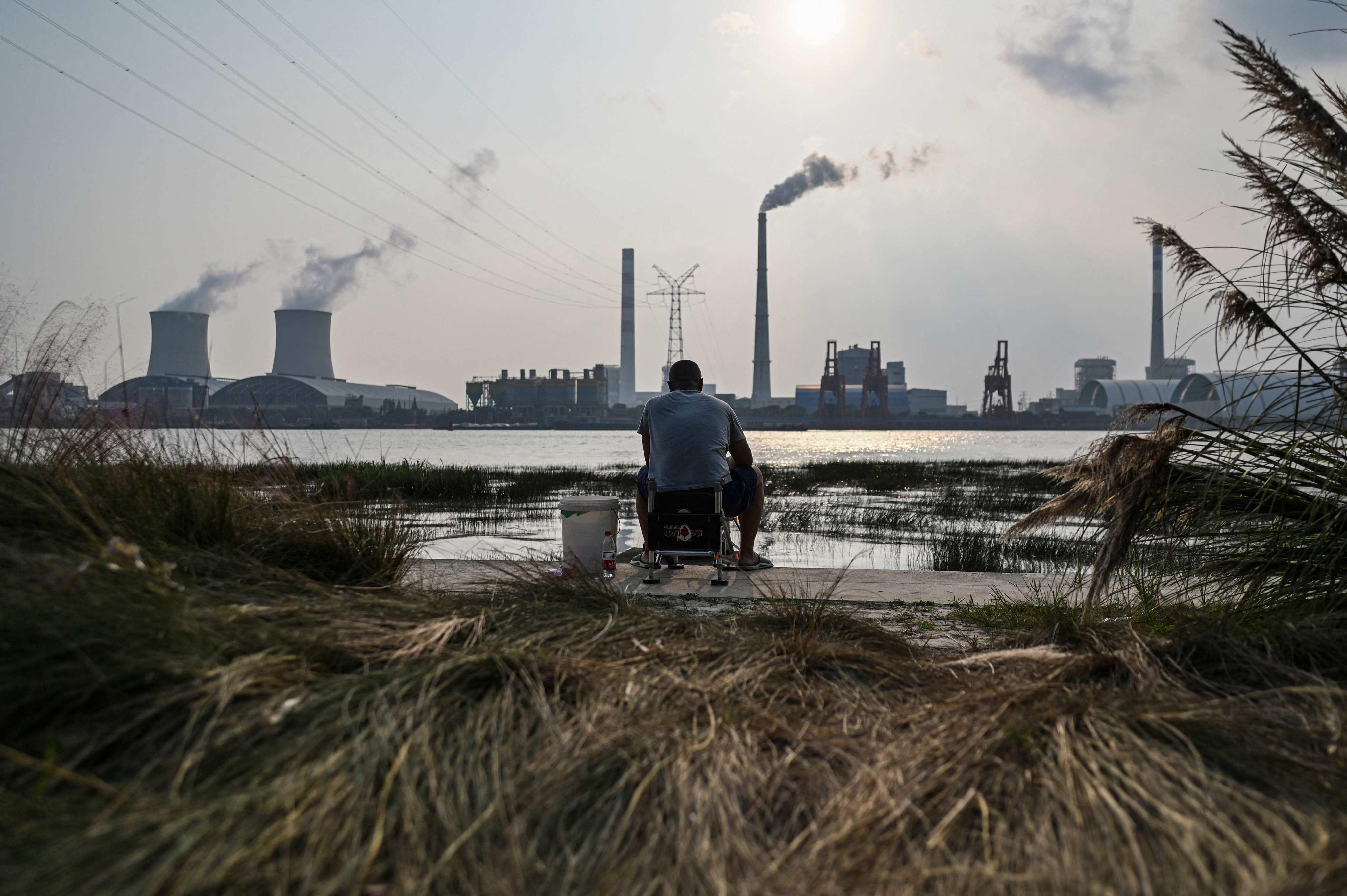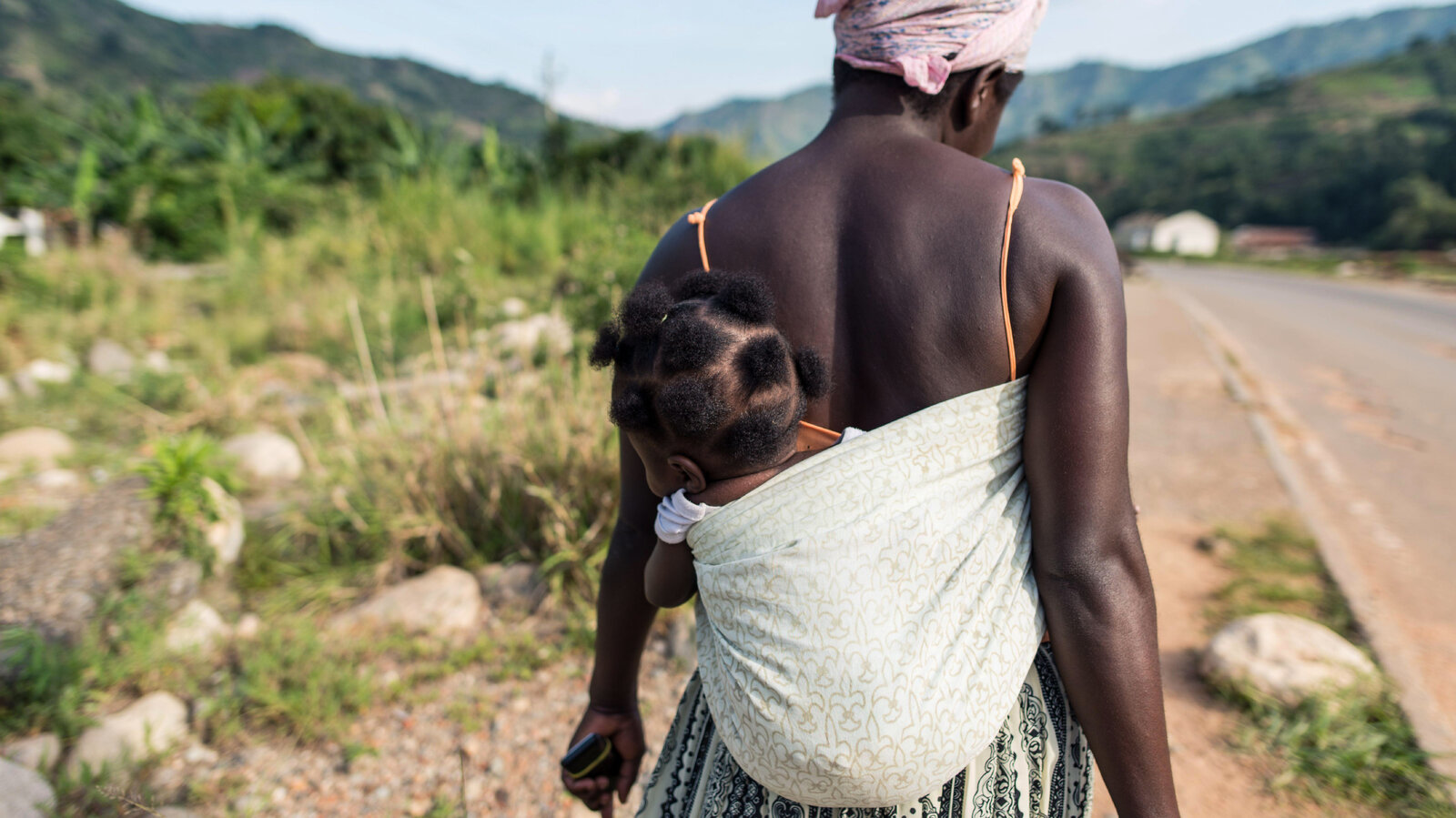Copyright scmp

China has reportedly declined, for the time being, to make a financial contribution to Brazil’s flagship rainforest protection mechanism, arguing that developed nations should take the lead in global climate financing. The position, reported by Brazil’s newspaper Folha de S. Paulo, frustrated hopes in Brasília that the world’s second-largest economy would become a major early backer of the Tropical Forests Forever Facility, or TFFF. Chinese negotiators told their Brazilian counterparts that Beijing supported the fund in principle but referred to the idea of “common but differentiated responsibilities”, according to the report, which cited people involved in the negotiations. The concept, enshrined in the UN climate framework since 1992, holds that wealthy nations should bear the primary burden for financing and emissions reductions because they built their prosperity on fossil fuels. That argument has long guided China’s approach to international climate talks. Since the Rio Earth Summit in 1992, Beijing has argued that its developing-country status exempted it from donor obligations. It has often resisted joining multilateral funds as a donor, preferring to say that its role lies in domestic emission cuts and technology transfers rather than direct financing. The same reasoning appeared again at Cop30 in Belém. Chinese Vice-Premier Ding Xuexiang told delegates that “developed countries must take the lead in cutting emissions, honour their financial commitments and provide stronger technical and capacity-building support to developing countries”. Launched during the summit, the TFFF is the centrepiece of Brazil’s agenda. The fund is structured as a permanent endowment to pay countries that keep tropical forests intact. It combines public and private investment, with Brazil, Indonesia, Norway, Portugal and France among the first contributors. The target is US$125 billion, of which US$5.5 billion has already been pledged. China praised the initiative but kept its distance from the list of donors. People familiar with the discussions said Beijing’s delegation supported the idea politically but stopped short of financial commitments. Last week, Brazilian Finance Minister Fernando Haddad reacted to questions about why China was not announcing an investment by defending the need for patience. “Each country has its own pace,” he said in Belém. “This project is still in its early stages. Even for us, it took two years before we could make Brazil’s first pledge.” He said China’s interest in the fund was genuine but that joining such a mechanism “was not a trivial matter”. The Chinese Embassy in Brazil did not immediately respond to a request for comment regarding the refusal to invest in the TFFF. China’s cautious stance came just days after its State Council released a white paper titled “Carbon Peaking and Carbon Neutrality: China’s Plans and Solutions”. The document, issued on Saturday, set out Beijing’s road map for reaching peak carbon emissions before 2030 and carbon neutrality before 2060. It repeated the same principle that Chinese officials invoked in Belém, stating that China would act “in line with the principle of equity and common but differentiated responsibilities and respective capabilities”. The 78-page document described what officials called the world’s most comprehensive carbon reduction framework. China has built the largest renewable energy network and the fastest-growing base of solar, wind and hydropower capacity, according to the report. The paper also connected Beijing’s domestic climate goals to its diplomacy, noting that the Belt and Road Initiative has shifted toward greener priorities, with clean energy and infrastructure projects in more than 100 partner countries. By restating the “common but differentiated responsibilities” principle, the white paper portrayed China as a developing nation acting within its means while pursuing ambitious climate targets. It said Beijing sought to build “a fair and rational global climate governance system for win-win results through cooperation” and had shown “the highest possible ambition” in its national climate plan. For Brazilian officials, that argument might have been technically defensible but politically inconvenient. As the host of Cop30, Brazil had invested significant diplomatic capital in making the TFFF a crucial part of the summit’s legacy. Securing China’s participation would have given the fund not only financial heft but also symbolic weight, bridging the divide between developing economies and established powers. But not all is lost. A source told the Post on Monday that President Luiz Inacio Lula da Silva planned to ask Xi Jinping directly for financial support during the G20 summit in South Africa later this month. Lula hoped to move the conversation beyond public endorsements and secure a concrete investment, one aide said. The same request, according to the aide, had already been raised when he met Ding Xuexiang on Wednesday in Belém.



